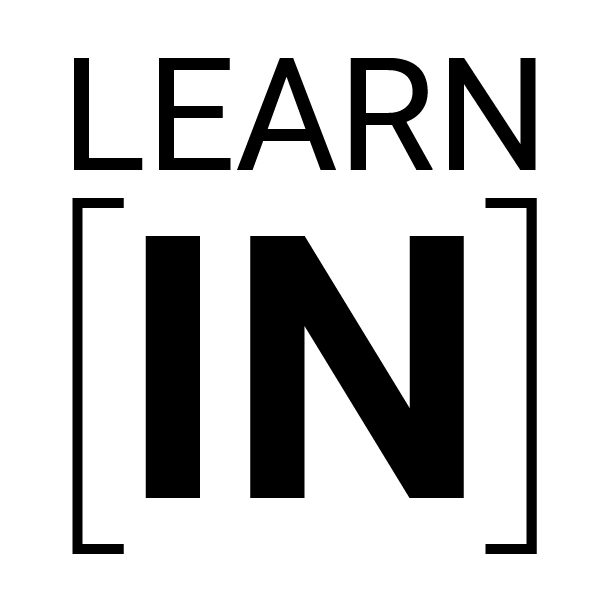LEARN[IN] is a DAAD-financed project within the research programme “Hochschuldialog mit Südeuropa” (Higher Education Dialogue with Southern Europe).
As a reaction to the crisis in the southern European EU countries, the “Higher Education Dialogue with Southern Europe” programme aims to encourage German universities to discuss academic issues with their southern European partners.
Due to the consequences of the European economic and financial crisis, the DAAD launched this initiative in 2013, funded by the German Federal Foreign Office, to strengthen academic cooperation with Greece, Italy, Portugal, Spain and Cyprus. This programme is intended to enable the underfunded universities in the countries particularly hard hit by the crisis to improve international cooperation and support networking among researchers, students and academic staff. To this end, events, conferences and summer schools are to be held on current political and social issues.
The project “LEARN[IN]” is conducted by the SRH University Heidelberg/Germany, Università degli studi Firenze/Italy and Universidade do Minho/Portugal.
The focus of this project cooperation is the re-definition of learning spaces as a key factor of 21st century education. In this broader context, the financial and economic crisis in Europe plays a distinctive role. The crisis led to dramatic developments in education, such as massive reductions of investments in jobs, research and infrastructure at universities and lack of investment at schools.
The challenge of innovative learning spaces is based on the development of concepts for the current pedagogical trends in higher education: learning in the digital age, interdisciplinarity and inclusion are just some of the topics that change the way spaces need to be designed and respond to these new necessities. Here it is important to note that this is not an isolated European concern, but a worldwide matter.
In the 21st century, learning still takes place in formal learning spaces such as classrooms and lecture halls. However, informal learning spaces are gaining more and more importance in urban areas, such as co-working spaces, cafés and town squares. More and more European cities recognize the great potential of their various educational institutions as important elements of urban educational landscapes and promote the networking of educational institutions and the city. The city becomes a learning space.
The main idea of this dialogue is the exchange of approaches and ideas developed on this subject by learning from each other, with each other, and, at the same time, getting to know country-specific topics. Still, it is important to note that the scope of LEARN[IN] is intentionally broad.
As part of a sustainable international and interdisciplinary cooperation, the SRH University Heidelberg/Germany, the Università degli studi Firenze/Italy and the Universidade do Minho/Portugal developed a three-part event concept with students, junior researchers and researchers in each of the participating universities:
LEARN [IN] – Symposium in Heidelberg:
May 07 – 09, 2019
LEARN [IN] – LAB I in Florence:
September 10 – 12, 2019
LEARN [IN] – LAB II in Guimarães:
November 26 – 28, 2019
By taking as an example the selected cities, Heidelberg, Florence and Guimarães, each of which offers different perspectives for the implementation of innovative learning spaces, the interfaces between architecture, urban planning, landscape, social sciences, art and education were considered in order to develop new strategies for a sustainable future and, most importantly, to cooperate and learn from each other on a European level.
The DAAD is the world’s largest funding organisation for the international exchange of students and researchers. The motto of the DAAD is “Change by Exchange”. Since it was founded in 1925, around two million scholars in Germany and abroad have received DAAD funding. It is a registered association and its members are German institutions of higher education and student bodies. Its activities go far beyond simply awarding grants and scholarships. The DAAD supports the internationalisation of German universities, promotes German studies and the German language abroad, assists developing countries in establishing effective universities and advises decision makers on matters of cultural, education and development policy. More about the DAAD on their website.

